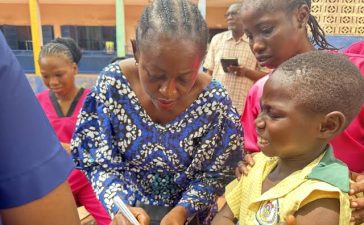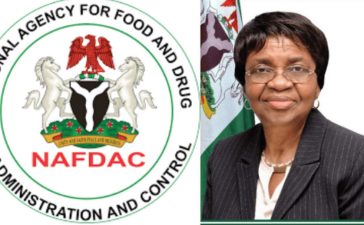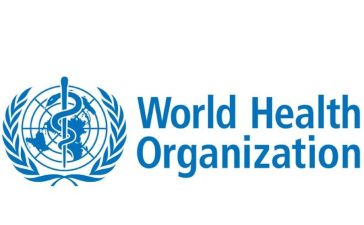In response to a severe blood shortage affecting healthcare facilities across the country, Nigeria has initiated a nationwide blood donation campaign aimed at significantly increasing the number of voluntary donations. Authorities reveal that the country currently receives only about a quarter of the annual blood donations needed to meet the demands of patients in emergencies and routine medical procedures.
The initiative, which kicked off this week, seeks to raise awareness about the critical importance of blood donation and to encourage citizens to contribute. Health officials are urging Nigerians to participate actively in the campaign, emphasizing that a robust supply of blood is vital for saving lives, particularly in trauma cases, surgeries, and the treatment of various medical conditions.
Timothy Obiezu reports from Abuja that the campaign will include a series of events and outreach programs designed to educate the public about the donation process, dispel myths associated with blood donation, and highlight the urgent need for blood, especially in urban hospitals where demand is rising.
The Nigerian government, alongside various non-governmental organizations and healthcare providers, is mobilizing resources to facilitate donation drives across the country. Additionally, efforts are being made to establish more accessible blood donation centers, particularly in underserved areas.
The blood shortage crisis has long been a challenge in Nigeria, with many hospitals forced to rely on a limited number of donations from family members of patients or on paid donations, which can compromise the safety and reliability of blood supplies. The new campaign aims to promote voluntary, unpaid blood donations, which are considered the safest and most ethical source of blood.
As the campaign progresses, health authorities are optimistic that increased awareness and community involvement will lead to a significant improvement in the blood donation rate, ultimately saving countless lives across Nigeria. The ongoing effort underscores the need for a sustainable solution to the country’s healthcare challenges, particularly in ensuring a reliable blood supply for those in need.







